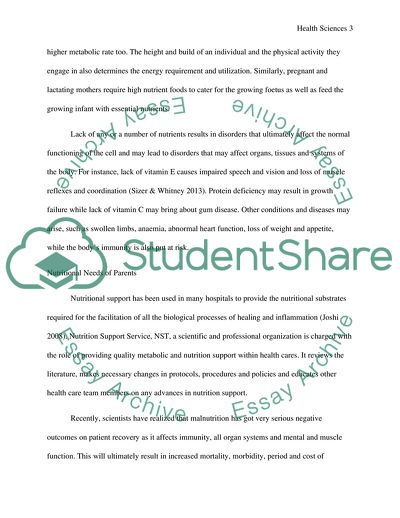Cite this document
(Importance of nutrition on illness recovery of ill people in hospitals Literature review, n.d.)
Importance of nutrition on illness recovery of ill people in hospitals Literature review. https://studentshare.org/medical-science/1811568-importance-of-nutrition-on-illness-recovery
Importance of nutrition on illness recovery of ill people in hospitals Literature review. https://studentshare.org/medical-science/1811568-importance-of-nutrition-on-illness-recovery
(Importance of Nutrition on Illness Recovery of Ill People in Hospitals Literature Review)
Importance of Nutrition on Illness Recovery of Ill People in Hospitals Literature Review. https://studentshare.org/medical-science/1811568-importance-of-nutrition-on-illness-recovery.
Importance of Nutrition on Illness Recovery of Ill People in Hospitals Literature Review. https://studentshare.org/medical-science/1811568-importance-of-nutrition-on-illness-recovery.
“Importance of Nutrition on Illness Recovery of Ill People in Hospitals Literature Review”. https://studentshare.org/medical-science/1811568-importance-of-nutrition-on-illness-recovery.


